Building credit is an uphill task. Yet improving your credit score avails you more financial opportunities to get a mortgage, apply for loans to start a business, and obtain credit cards that you can use for day-to-day activities.
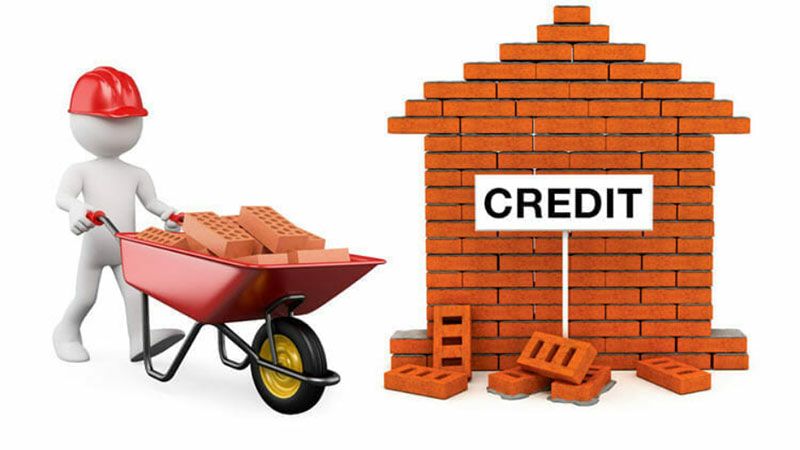
The purpose of this article is threefold:
- For individuals with poor credit scores who intend to build credit without necessarily using a credit card.
- For young individuals starting out on the credit journey who want to build credit without using a credit card.
- For individuals who do not have and do not plan on using credit cards and would like to build their credit score.

While most people think that you have to have a credit card to build credit, there are other ways to build credit without a credit card.
Be someone’s authorized user.
Look for a family member or a friend who has a good credit score, and request them to make you an authorized user on their card. The card’s payment history will be included in your credit history. Therefore, it is best to ensure that the cardholder pays on time every time.
If the cardholder has a poor credit score, it is best not to be their authorized user, as defaults in payment will significantly cause your credit score to decline as well. This strategy is best for parents who want to help their children build credit.
Being an authorized user enables you to build your FICO score relatively faster than if you were to start from scratch. Also, the fact that you are not required to have a credit card yourself makes it even more beneficial.
Generally, any payment made via the cardholder’s account is reported to the credit bureaus. Your FICO score grows from here. Be vigilant to find out whether this activity is actually reported to credit bureaus; otherwise, your credit score will remain unchanged.
Take out a credit-builder loan.
A credit-builder loan differs from a traditional loan in that its core purpose is not to avail money for investment; instead, it is for building one’s credit score. In this case, a bank or credit union gives you a loan, then holds it in an account until you pay back the total amount. You receive the money when you make the final payment.
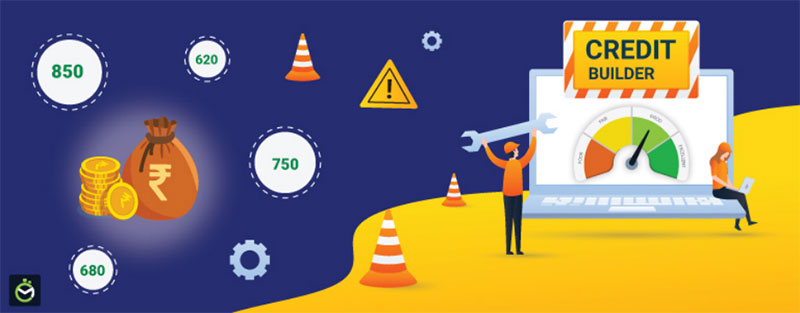
Every time you make a payment, credit bureaus get the report, building your creditworthiness and rating. Your payment history constitutes 35% of your total FICO score. This is the highest percentage, meaning credit bureaus will look at how well you pay back your loans.
Include utility and rent payments
Remember, we need all we can get. Building credit is not easy, but it could be as quick as possible with the correct methods. Rent payments are consistent because you have to make them monthly, which could be a good way of showing how well you can pay the money back on time and every time.
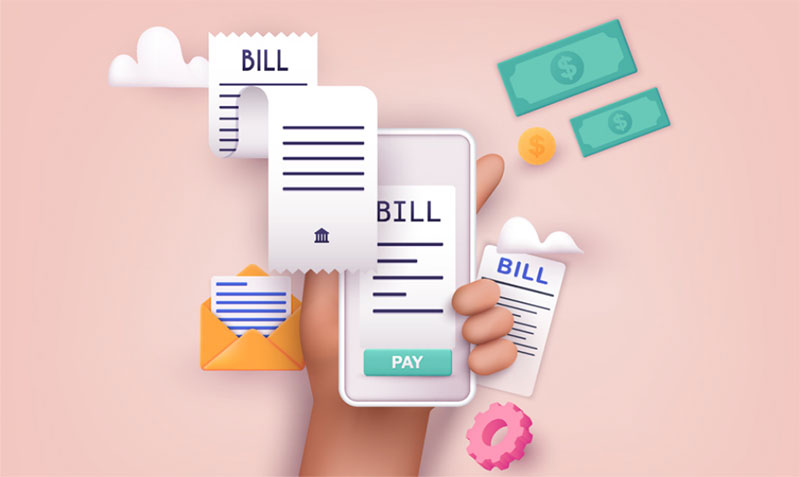
This information has to reach credit bureaus somehow to affect your credit score. Check with your landlord if such a provision exists in your contract or if it can be included. Also, have other utility bills such as electricity, internet, or cable. Consistent and timely payments will definitely boost your credit ratings.
Take out a small, personal loan
Visit your local bank or credit union and apply for a small personal loan. Inquire about what you qualify for, whether an unsecured loan or a secured one, which will mean you will need collateral. You could use the loan as collateral, such as setting up a Certificate of Deposit, so you will only be allowed to withdraw the money once you have fully settled the loan.

Always remember to pay on time, every time, as repayment history is the top aspect credit bureaus look for. Also, scour around for the lenders with the best rates before taking that loan.
Clear any outstanding debts
Non-repayment of debts automatically reduces your credit score. Any unpaid debts, such as personal loans, mortgages, or federal student loans, will reflect on your credit report. Once you pay them, they will be indicated on your credit report and boost your credit score.
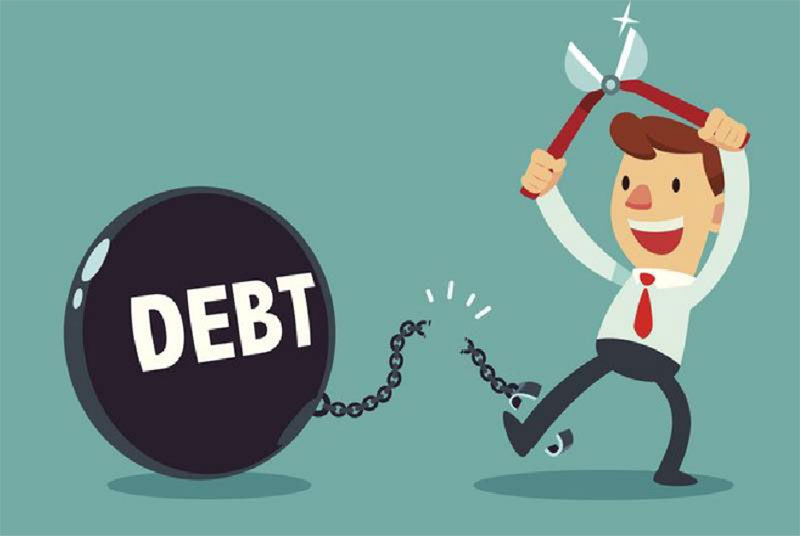
Get a co-signer
A cosigner should have a good credit history. They guarantee payment of the loan if the borrower does not make payments. They act as a safety net. While it is harder to find a cosigner compared to finding someone who allows you to be an authorized user, co-signing has been proven to build credit faster.

Typically, a cosigner should trust you because they are honestly putting their creditworthiness on the line for you. Most personal loans do not allow for co-signing due to the high risk involved. If payments default, the cosigner’s credit score is affected adversely, and yours as well, which does not do any good.
Take a federal student loan

Student loans, like other installment loans, show credit bureaus that one has financial consistency if they pay all required payments on time. Setting up this account early on increases your credit history and will diversify your credit mix. Both are ways to boost your credit.
You could negatively affect your credit score if you miss just one payment. Divide your finances such that you make consistent payments in full. Federal student loans provide repayment plans that help students with their payments. Sometimes, you may be required not to pay anything for a particular month, yet that is considered an on-time payment.
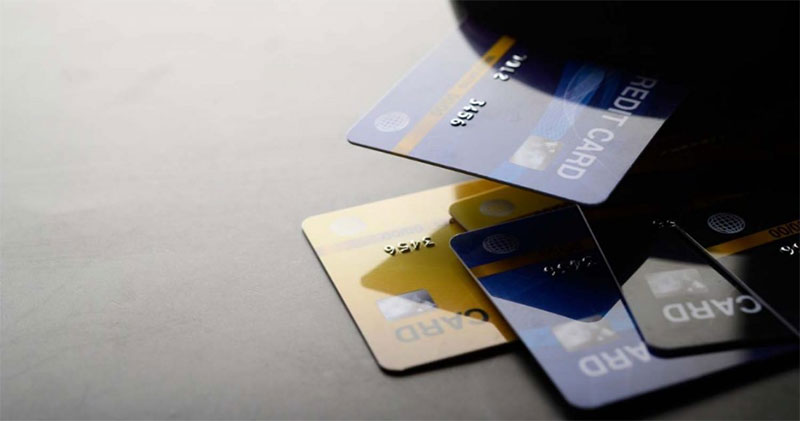
Debit card payments do not reflect on one’s credit report. When using debit cards, you use the money you already have, not loans or any other line of credit. Therefore, making payments using your debit card does not affect your credit history at all.
You’ve seen that you don’t need a credit card to build your credit. There are many other alternatives to improve your credit rating faster and more effectively. Select what works for you, and watch your creditworthiness soar.



